The dangerous meaning behind one of this year’s most popular Halloween costumes
Few know about the domestic violence themes that surround Harley Quinn’s character
Pascack Valley Senior Jaime Minervini, like thousands of other girls across the country, dressed up as Harley Quinn for Halloween.
This Halloween, countless couples, whether they were comic book fans or not, attended themed parties dressed up as Harley Quinn and the Joker.
Though this may seem like an innocent costume choice for couples, not many people know the hidden and traumatic meaning that these characters promote: domestic violence. There is nothing “cute,” “innocent,” or “relatable” about Harley Quinn and the Joker’s relationship. They should most certainly not be your #relationshipgoals.
What many people do not realize is that Harley Quinn is a victim of physical and emotional abuse at the hands of the Joker. If one were to look at the comics and movies with a watchful eye, they would see that Harley has been consistently abused and manipulated by the Joker.
Whether he is going out of his way to make Harley feel inferior, using physical or violent force, or even tricking her into submerging herself into a pool of acid, the Joker is the epitome of an abuser. Just because he sometimes saves her in the end, or apologizes afterwards, does not make his harmful actions right.
The most common defense of this relationship is that “it’s just fiction.” Yet although this case of domestic abuse is fictional, millions of cases are real. Many celebrities have spoken out about being victims of domestic abuse, and so many more men and women are abused each day away from the public eye.
Domestic violence is a very real and very serious problem that should not be romanticized. When people dress up as Harley Quinn and the Joker, it makes it seem as if this type of abusive relationship is OK.
What’s worse, the dynamic between the Joker and Harley seems to be flaunted by DC as a selling point for their products. Its most recent movie, Suicide Squad, which was released this past summer, was a box office hit. As both Harley Quinn and the Joker were main characters in the movie, their relationship was prominently featured, and their faces were plastered over all advertisements and promotions.
Harley Quinn, put simply, is a fictional representation of a domestic abuse victim, and contrary, the Joker is a fictional representation of a domestic abuser. Just because the two happen to be villains in the DC Universe, does not mean that their toxic relationship should be cast aside or ignored.
Since the characters are fictional, fans of the DC comics and movies are quick to look past their flaws. Nonetheless, being an abuser is more than a personality flaw, and the fictional aspect should not be used as an excuse for supporting this very real and toxic type of relationship.
Abusive partners make life difficult enough, causing victims of domestic abuse to struggle to get themselves out of a dangerous relationship. If society views these fictional couples as “goals,” it is difficult to imagine the effect this will have on individuals in abusive relationships, or even those who have been trapped in one in the past.
To enjoy these villains is one thing, but to envy the abusive, toxic, and harmful relationship between Harley Quinn and the Joker is more than questionable. If people cannot comprehend the dangers of a fictional abusive relationship, is it unreasonable to think that they will not be able to detect when a relationship, maybe even their own, is one that is unhealthy?


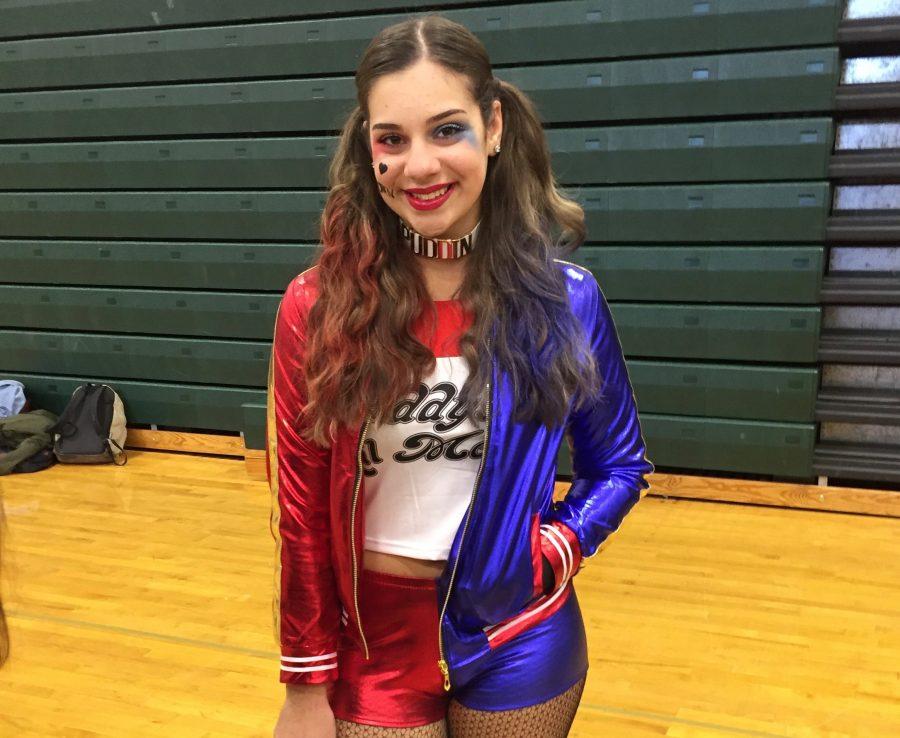

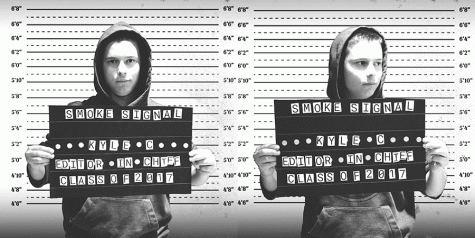
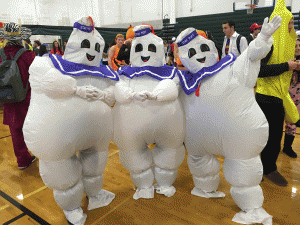







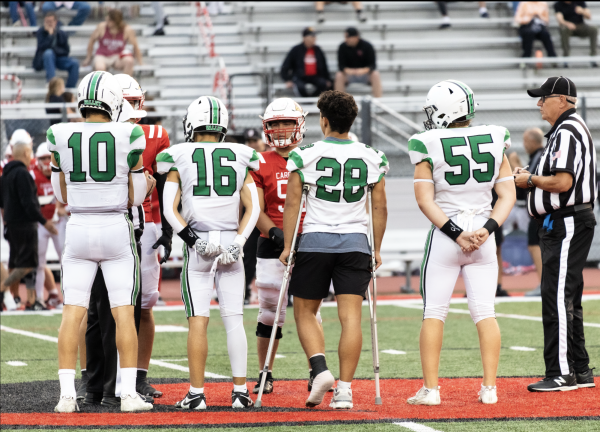
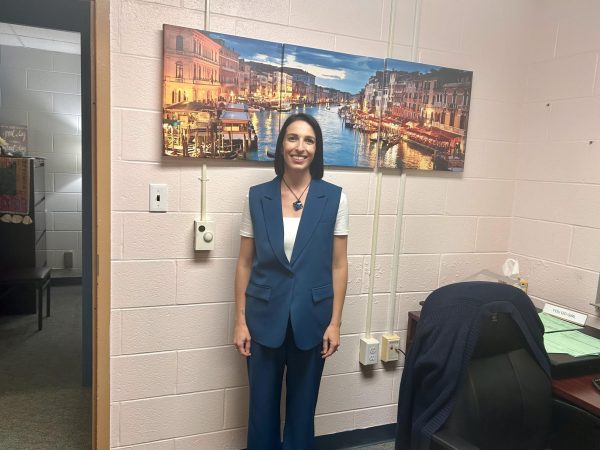
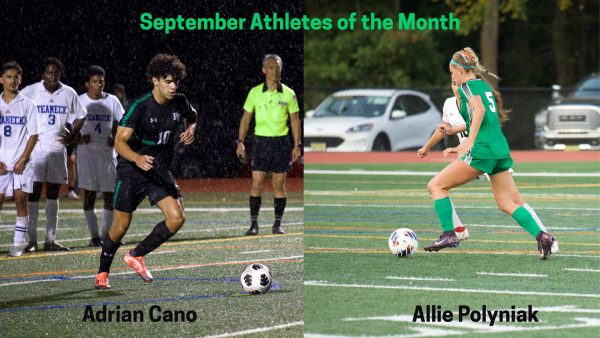

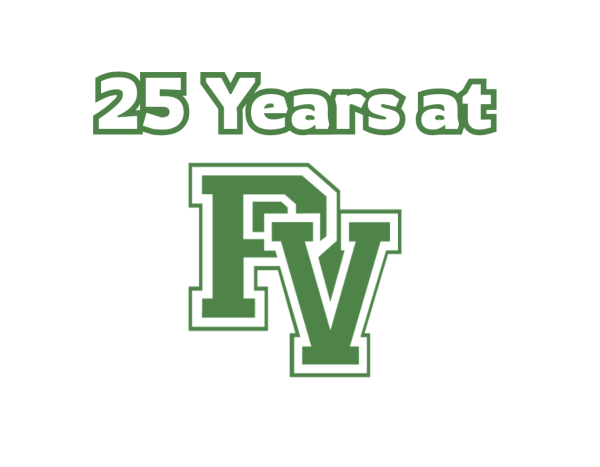
Jack Burleson • Nov 8, 2016 at 8:51 pm
Thank you for the interesting article! While Harley is representative of a real societal problem (as most Batman villains are), I think people still enjoy dressing up as her because they like the character beyond that. I, myself, was Starscream from Transformers in my sophomore year and a Team Rocket grunt this year, both villains who have killed and manipulated for their own advantages. They are terrible people who have destroyed livelihoods. Do I envy them, or condone their actions? No, certainly not, but I like other aspects of them regardless (personalities, designs, etc). So long as people recognize what Harley’s backstory represents, and understand its danger, I think they should be free to be her wacky self for a day.
John McGrath • Nov 4, 2016 at 2:52 pm
Thank you for bringing this danger to my attention. Please analyze ghosts next!
John Coyle • Nov 4, 2016 at 2:50 pm
I’m so glad this article was made. I, too, am the kind of person that gets offended by everything, and am glad someone else was triggered by this. Next you should do an article on how those pumpkin costumes were offensive.
Keep up the great work!
Lucas Ochoa • Nov 4, 2016 at 10:32 am
Its a halloween costume about a movie, chill out. “their toxic relationship” is a comic book plot. People get way to offended over nothing Smh